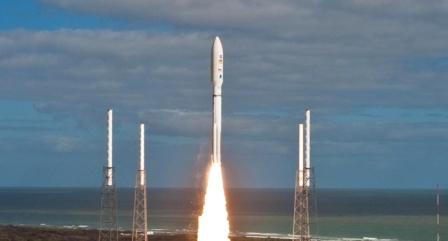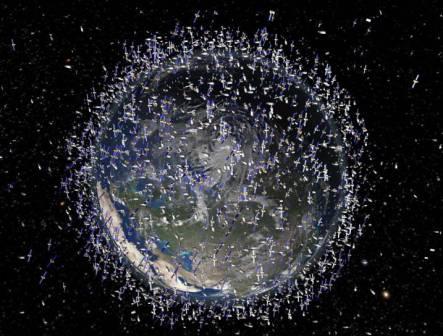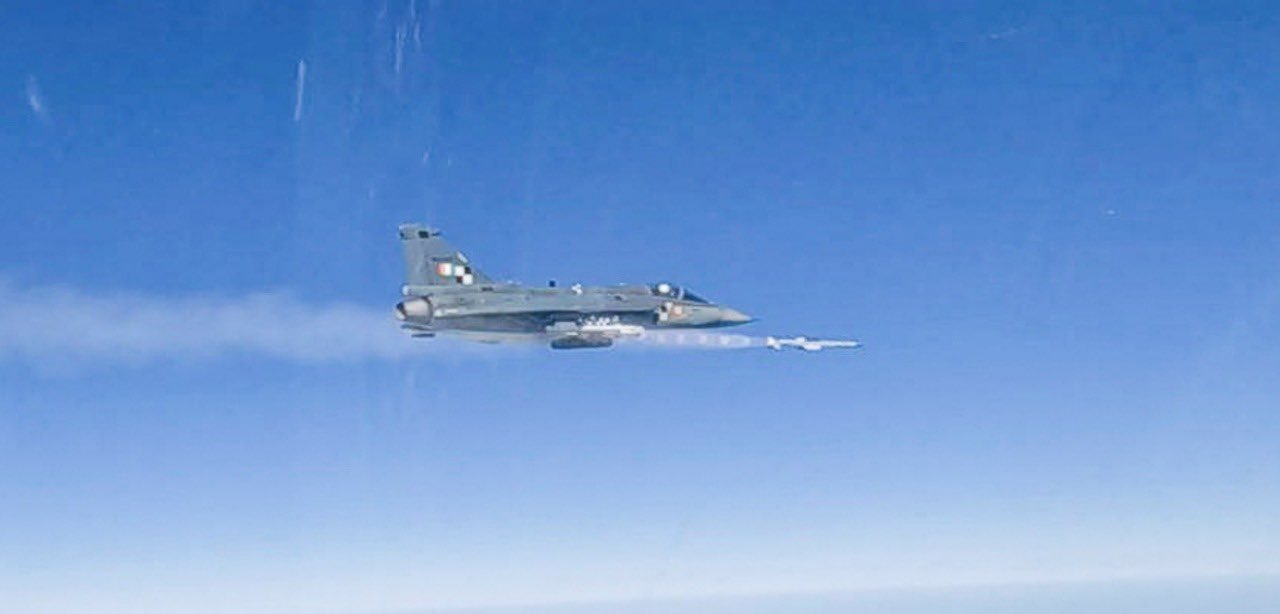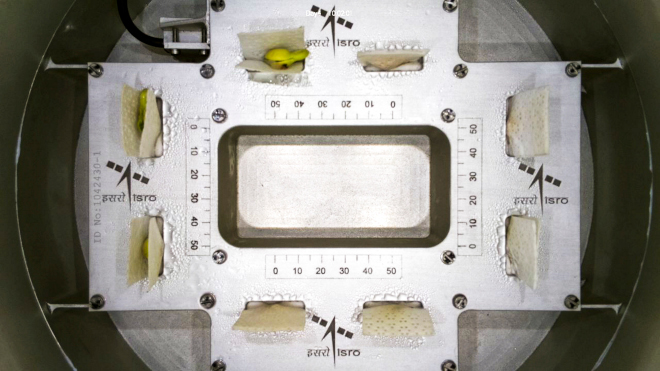
WASHINGTON (PTI): In a major breakthrough in space propulsion, NASA researchers have found that 'impossible' microwave thrusters that require no propellant may actually work.
Researchers at NASA's Johnson Space Centre in Houston have found that a microwave thruster system that requires no propellant does indeed generate a small amount of thrust.
The technology could make spaceflight far cheaper and speedier, potentially opening up much of the cosmos to exploration, experts say.
"Test results indicate that the RF [radio frequency] resonant cavity thruster design, which is unique as an electric propulsion device, is producing a force that is not attributable to any classical electromagnetic phenomenon and, therefore, is potentially demonstrating an interaction with the quantum vacuum virtual plasma," according to the NASA team.
The study was presented last week at the 50th Joint Propulsion Conference in Cleveland.
The origins of the propulsion system tested by the NASA team trace back to a British researcher named Roger Shawyer, who claims that his "EmDrive" generates thrust by rocketing microwaves around in a chamber, 'Space.com' reported.
There is no need for propellant, as solar power can be used to produce the microwaves.
Many scientists have dismissed or downplayed such claims, saying the propulsion system violates the law of conservation of momentum, 'Wired UK' reported.
In 2012, however, a team of Chinese researchers built their own version of the system and found that it does indeed work, generating enough thrust to potentially power a satellite.
An American scientist named Guido Fetta then constructed his own device, which he calls the "Cannae Drive," and persuaded the NASA team to try it out over the course of eight days in August 2013.
The NASA scientists determined that the Cannae Drive produces 30 to 50 micronewtons of thrust - less than 0.1 per cent of that measured by the Chinese team, but nevertheless suggesting that the technology works.
The thruster may work by somehow harnessing the subatomic particles that continuously pop into and out of existence, the researchers said.
 Previous Article
Previous Article Next Article
Next Article











The Indian Air Force, in its flight trials evaluation report submitted before the Defence Ministry l..
view articleAn insight into the Medium Multi-Role Combat Aircraft competition...
view articleSky enthusiasts can now spot the International Space Station (ISS) commanded by Indian-American astr..
view article